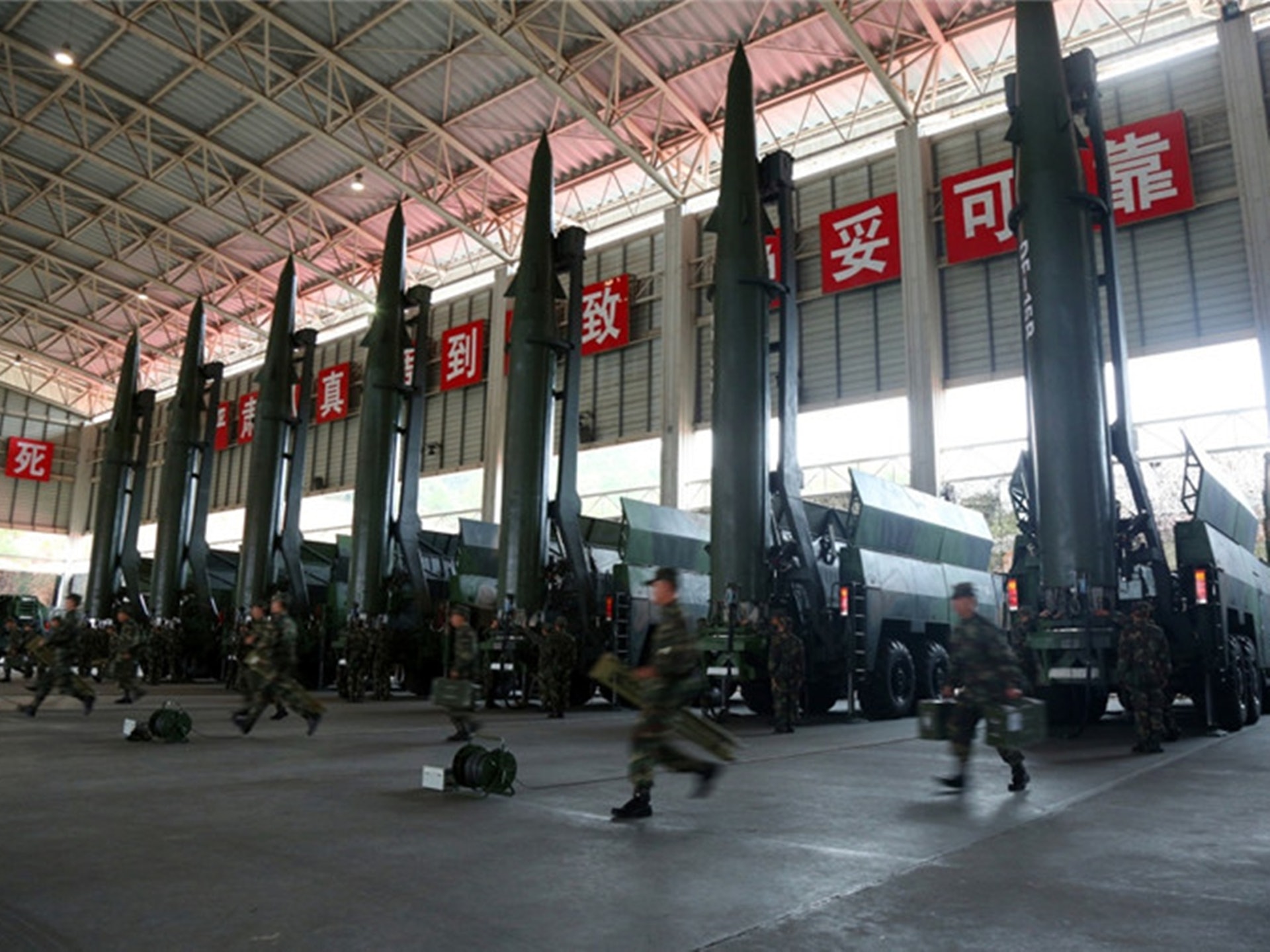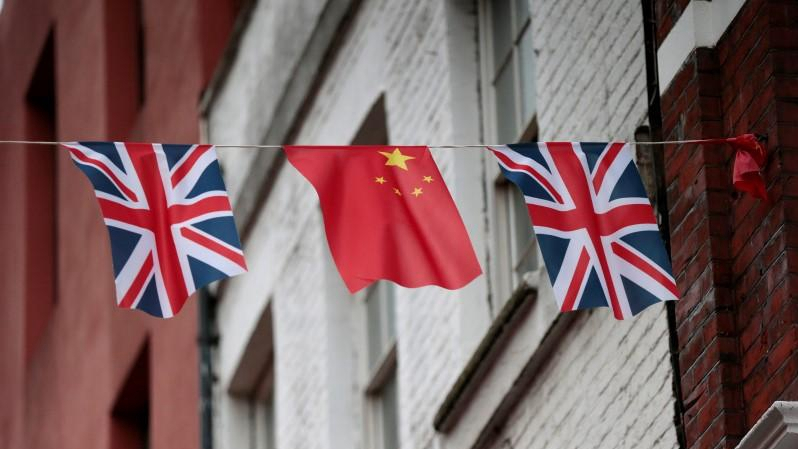At 9 a.m. on September 25, the Chinese Ministry of National Defense announced that the rocket forces of the Chinese People’s Liberation Army (PLA) carried out an intercontinental ballistic missile (ICBM) launch test in the direction of the Pacific Ocean.
The intercontinental missile used in this test carried a simulated payload for training and fell into a predetermined sea area.
The Chinese military said the missile launch was a routine arrangement for annual military training, in line with international law and practice, and was not aimed at any specific country or target. Before the launch, China had already notified the countries through which the missile was flying.
This incident is very rare, or the first in the history of the Chinese PLA Rocket Force and even the Chinese PLA. Prior to this, China had launched rockets into the South Pacific only once, in 1980 with the “580” mission.
At that time, China conducted a scientific launch to test the full test of the Dongfeng-5 ballistic missile.
This is the first time that the PLA has conducted a full-course test of an ICBM in the Pacific Ocean.
In the past, after the rocket force was equipped with missiles, it also had to conduct annual launch training and tests. In live firing, missiles are usually fired at the Northwest Range at a high trajectory to prevent leakage. Although there was a notice of a ban on navigation in advance for the test launch of this type of missile, it was not publicly announced.
This time, the military launched missiles into the relevant waters of the Pacific Ocean, undoubtedly wants to demonstrate the performance and strength of China’s ICBMs.
After the ICBM launch test, the Taiwan’s Ministry of Foreign Affairs (MOFA) expressed its solemn condemnation on 26/09 for China’s continued military actions that threaten the status quo of peace in the region while sharing global concerns and working for regional security and stability.
The MOFA called on China to exercise rational restraint and stop all actions that undermine regional peace and stability and escalate regional tensions, so as to meet the interests and expectations of all countries in the region.
The MOFA said that noting that many countries in the Indo-Pacific region have expressed concern about China’s above-mentioned irresponsible behavior, China will continue to cooperate with like-minded countries to curb the expansion of authoritarianism and jointly maintain peace, stability and prosperity in the Indo-Pacific region.
9月25日上午9時,中國國防部發布消息稱,中國人民解放軍火箭軍部隊向太平洋方向進行了洲際彈道導彈發射試驗。此次試驗所使用的洲際導彈搭載了訓練用的模擬載荷,最終落入預定海域。中國軍方表示,此次導彈發射是年度軍事訓練的常規安排,符合國際法和國際慣例,並不針對任何特定國家或目標。在發射前,中國已向相關國家進行了通報。
這一事件在中國人民解放軍火箭軍乃至整個解放軍的歷史上都極為罕見,甚至可以說是首次。在此之前,中國僅在1980年進行過一次向南太平洋發射火箭的行動,那是為了測試東風五號彈道導彈的全程性能。而此次則是解放軍首次向太平洋進行全程實戰型洲際彈道導彈的發射試驗。
導彈發射試驗後,台灣外交部於26日上午對中國在全球共同關注區域安全穩定的背景下,仍持續進行各種威脅和平現狀的軍事行為表示強烈譴責。
外交部呼籲中國保持理性克制,停止一切破壞區域和平穩定、加劇緊張局勢的行為,以符合區域各國的利益和期待。
外交部指出,注意到印太地區多個國家已對中國的上述不負責任行為表示關切,我國將繼續與理念相近的國家合作,遏制威權主義擴張,共同維護印太地區的和平、穩定與繁榮。



